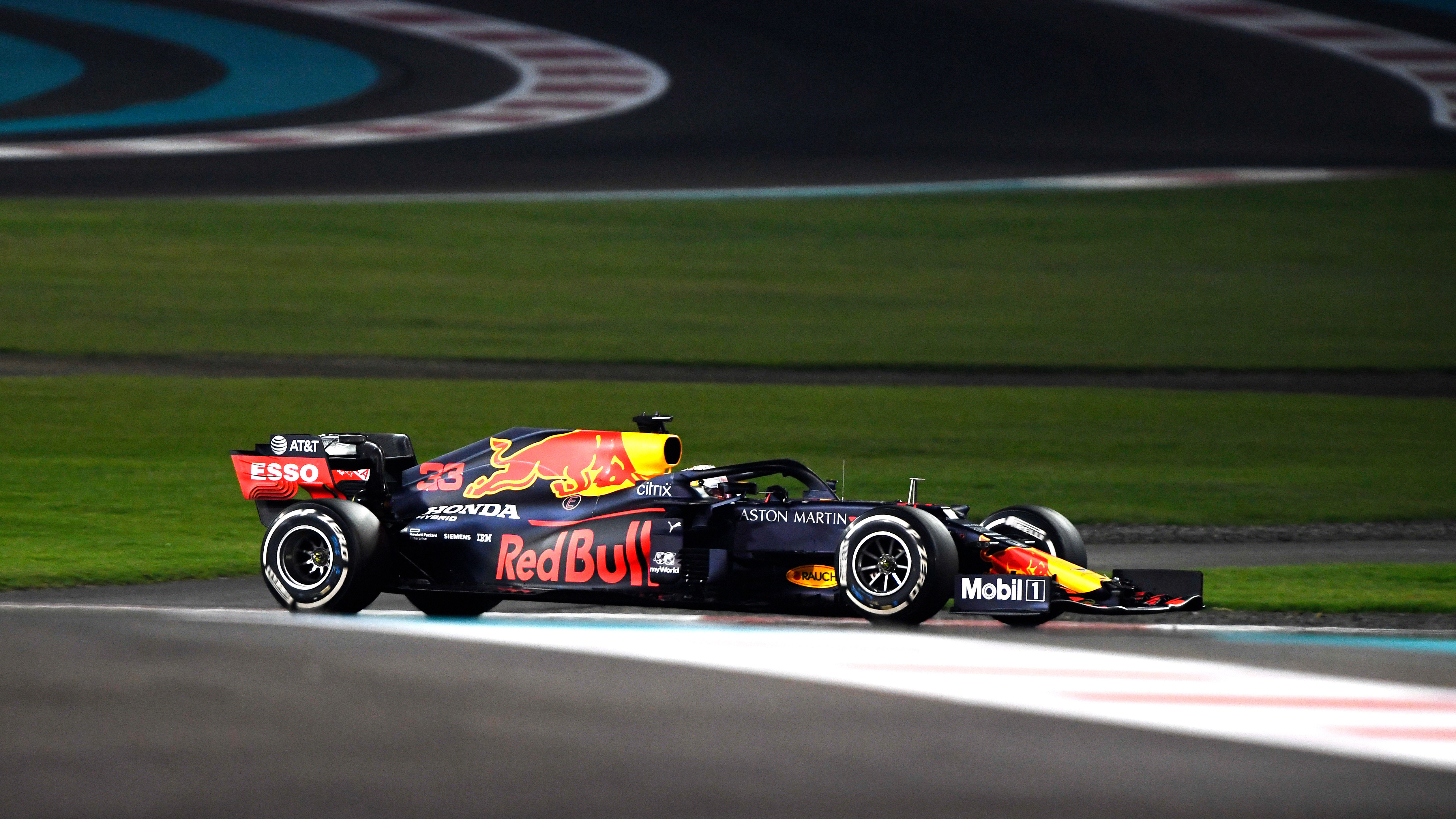What You Need To Know About Formula One's Future Engine Plans
On Thursday, Feb. 11, Formula One teams approved an engine freeze that will be instituted in 2022 as one of many new and different concepts being discussed to keep the series interesting. Here's what you need to know.
An engine freeze is, basically, a mandated hold on developing the thing that makes F1 cars go—which is, in F1 parlance, a power unit and not actually an engine. The purpose is to help level the playing ground a little bit. If you think about a team like Mercedes that can toss money around willy-nilly, it's totally possible to spend all season developing a power unit that will continue being dominant for years to come. Compare that to Williams' tight budget, and you have one team guaranteed to run away with the championship every year while the other continues to struggle.
This time around, it was Red Bull Racing that made the original request for a power unit freeze. The team currently utilizes Honda power units, but Honda is pulling out of F1 at the end of 2021. It definitely would have benefitted the RBR crew to have a pause instituted for 2022, which would enable the team to spend a year maintaining Honda's engines in its own facility. Then, Red Bull wouldn't have to scramble this year to develop an engine of its own.
I'll be entirely honest—I didn't think a freeze would happen. It goes against F1's ethos, which are rooted in developing the most dominant piece of machinery possible. The whole goal is essentially to flex on teams that can't achieve your level of mastery, and there are a lot of teams that would clearly benefit by both continuing to develop engines and to make Red Bull quickly sort out its current power unit problem.
At that same meeting, F1 teams agreed on the future direction of the sport's power units, creating a coalition to develop a plan for sustainable power units as early as 2025. The main goals there are, according to F1:
-
Environmental sustainability and social and automotive relevance
-
Fully sustainable fuel
-
Creating a powerful and emotive power unit
-
Significant cost reduction
-
Attractiveness to new power unit manufacturers
As you can tell, we're not talking about hard-and-fast guidelines yet. I don't think any team will be able to agree on the exact definition of an "emotive" power unit. Nonetheless, the sentiment is there. F1 wants to be sustainable, and there are people working on it.
It's a bit of a dramatic departure from what most folks expect Formula One to be—loud, fast, and gluttonous—but the world is changing, and expectations are different than they were at any other point in the sport's history.
